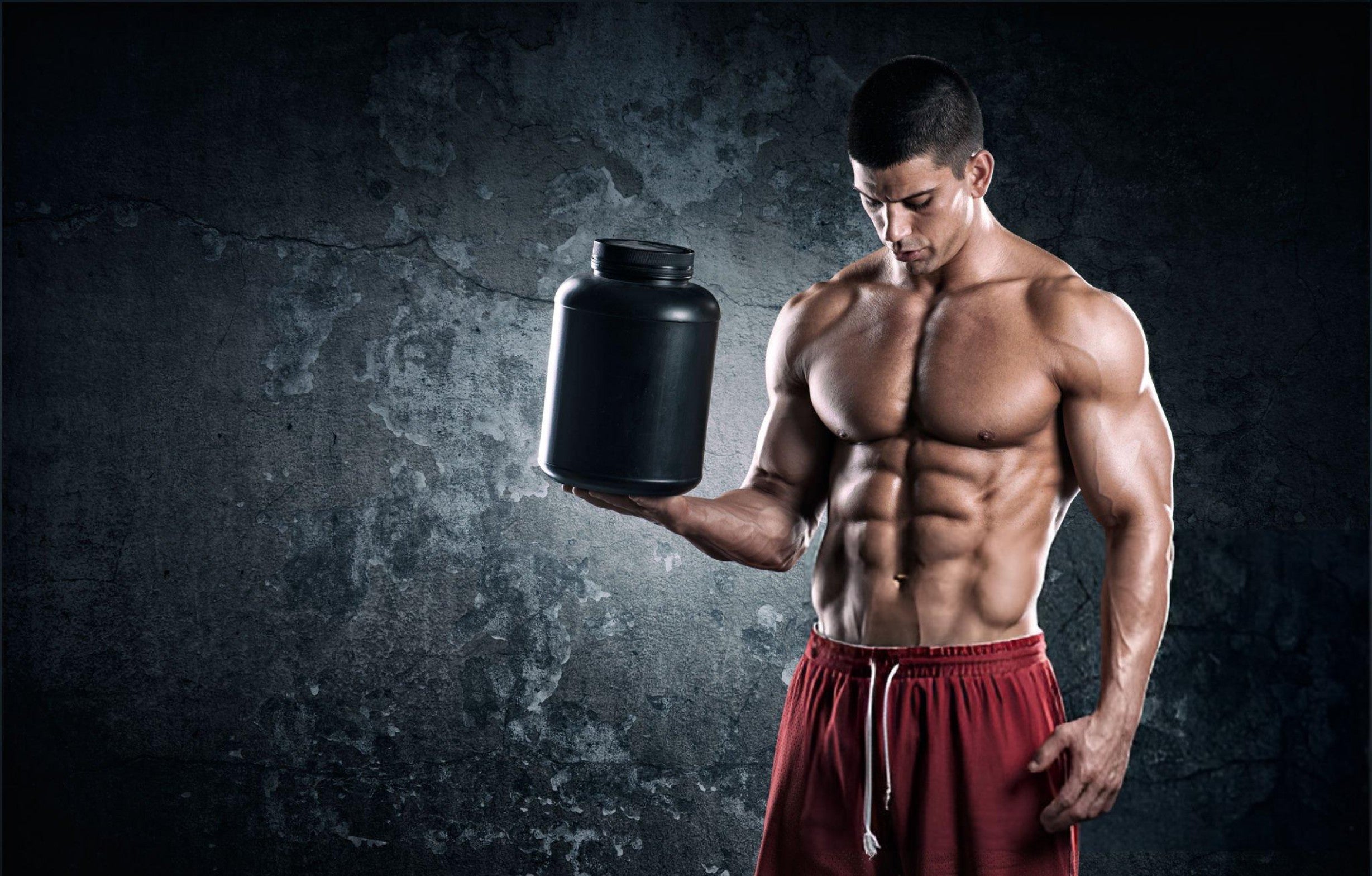Building muscle isn't just about lifting weights at the gym. What you eat plays a big role too. Nutrition can either fuel your progress or hinder it, depending on your choices. Imagine you're trying to build a piece of furniture; without the right materials, it'll never hold together. Similarly, without the right nutrients, your body can't make new muscle effectively. There are many factors to consider when trying to get stronger, but food remains a key player in helping you reach your goals.
Now, picture someone who's been consistently attending the gym but hasn't seen much improvement. Despite their efforts, they're not gaining the muscle they desire. What's often missing in these cases is attention to nutrition. It's easy to overlook, but adjusting your diet can make a world of difference. Let's explore the steps you can take to maximise muscle gain through smart and tasty nutrition choices.
Understanding Your Protein Needs
Protein is the building block of muscle. Every time you exercise, your muscles undergo tiny tears, and protein helps repair and build them back stronger. But how much protein do you really need? This varies based on factors like your body type and how active you are. Generally, active individuals require more protein than those leading a sedentary lifestyle.
Here's how you can determine your protein needs:
- Identify your body type: Are you an ectomorph (naturally thin)? A mesomorph (muscular)? Or an endomorph (naturally broader)?
- Assess your activity level: Do you work out every day, or just a few times a week?
Once you know these details, it's easier to figure out how much protein your body craves. An ectomorph might need less than a mesomorph who's constantly pushing through intense workouts. It's all about tailoring your intake to your individual needs.
Another aspect is ensuring you consume protein consistently throughout the day. Don't just load up during one meal. Spread it out to keep your muscles nourished and ready to grow. By understanding and meeting your protein needs, you set the stage for your body to build and maintain muscle efficiently.
Choosing the Right Foods
Selecting foods that boost muscle growth is crucial for any fitness routine. The key here is to fill your diet with protein-rich options. Think of foods like chicken, fish, and beans. They're not just packed with protein but also offer other nutrients essential for overall health. Including a variety of these foods daily provides the raw materials your muscles need for repair and growth.
Balancing your meals with vegetables, fruits, and whole grains is also a good move. Vegetables and fruits supply vitamins and minerals, while whole grains offer complex carbs that fuel your workouts. Here are some meal ideas to spark your nutrition journey:
- Grilled chicken breast with quinoa and steamed broccoli
- Baked salmon served with sweet potato and a spinach salad
- A hearty bean stew teamed with brown rice and a side of mixed greens
These meals don't just taste great; they support your muscle-building goals by delivering a balanced nutrient profile.
Importance of Hydration
Staying well-hydrated plays a big role in muscle gain. Even mild dehydration can impact your strength and endurance, making workouts harder than they should be. Water aids nutrient transport and muscle recovery, two factors that are key when you're seeking better results.
Here are some tips to keep your water intake on track:
- Begin each day with a glass of water to kickstart your hydration
- Carry a reusable bottle to remind you to drink regularly
- Add slices of lemon or cucumber for extra flavour if plain water isn’t your thing
Watch out for signs like dry mouth, fatigue, and dizziness which indicate dehydration. Catching them early ensures you can address the issue promptly and keep working towards your muscle goals.
Timing Your Meals
When you eat is as important as what you eat. To maximise muscle gain, consider the timing of your protein intake. Consuming protein both before and after a workout can significantly benefit your muscles. Pre-workout meals give you the energy to power through exercises, while post-workout meals aid recovery.
Here are some tips to help you plan your meals around your workouts:
- Eat a snack with carbs and protein about 30-60 minutes before exercising
- Enjoy a post-workout meal containing protein and carbs within two hours of finishing
Simple snacks like a banana with peanut butter or a small turkey wrap can keep your protein intake steady throughout the day, making your muscle-building efforts more effective. Remember, well-timed nutrition is a powerful tool in achieving the results you desire.
Consulting a Bodybuilding Supplement Store
Visiting a well-stocked bodybuilding supplement store can help refine your nutrition strategy. Knowledgeable staff can offer insights into which supplements might fit your specific needs, making the supplement selection process more straightforward. With expert advice, you can confidently choose products that complement your diet and help you reach your muscle-building goals faster.
Paving the Way to Muscle Growth Success
Combining proper nutrition and hydration can significantly influence your muscle gain journey. By understanding and meeting your protein needs, choosing nutritious foods, keeping hydrated, and timing your meals well, you can create a powerful foundation for strength. These practices, along with guidance from trusted experts, can set you on a path of consistent progress and muscle growth. Keep focusing on these areas, and you’re bound to see and feel the difference in your efforts.
Achieving your muscle-building aspirations is well within reach with the right nutrition strategy. For those looking to accelerate their progress, a visit to a bodybuilding supplement store can provide additional resources tailored to your needs. At Nutristore, you'll find a wide array of options designed to complement your diet and support your fitness goals. Dive into our selection and discover how subtle changes in your approach can yield significant results.


Share:
What To Do If You're Sensitive To Whey Protein
What's The Ideal Protein Intake For Bodybuilders?